DIGITEC 2016 as it happened
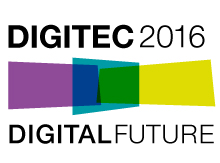
date: 01/12/2016
The event was the first inter-institutional IT forum, jointly organized by the EU Commission and the European Parliament and it took place in Square Brussels center.
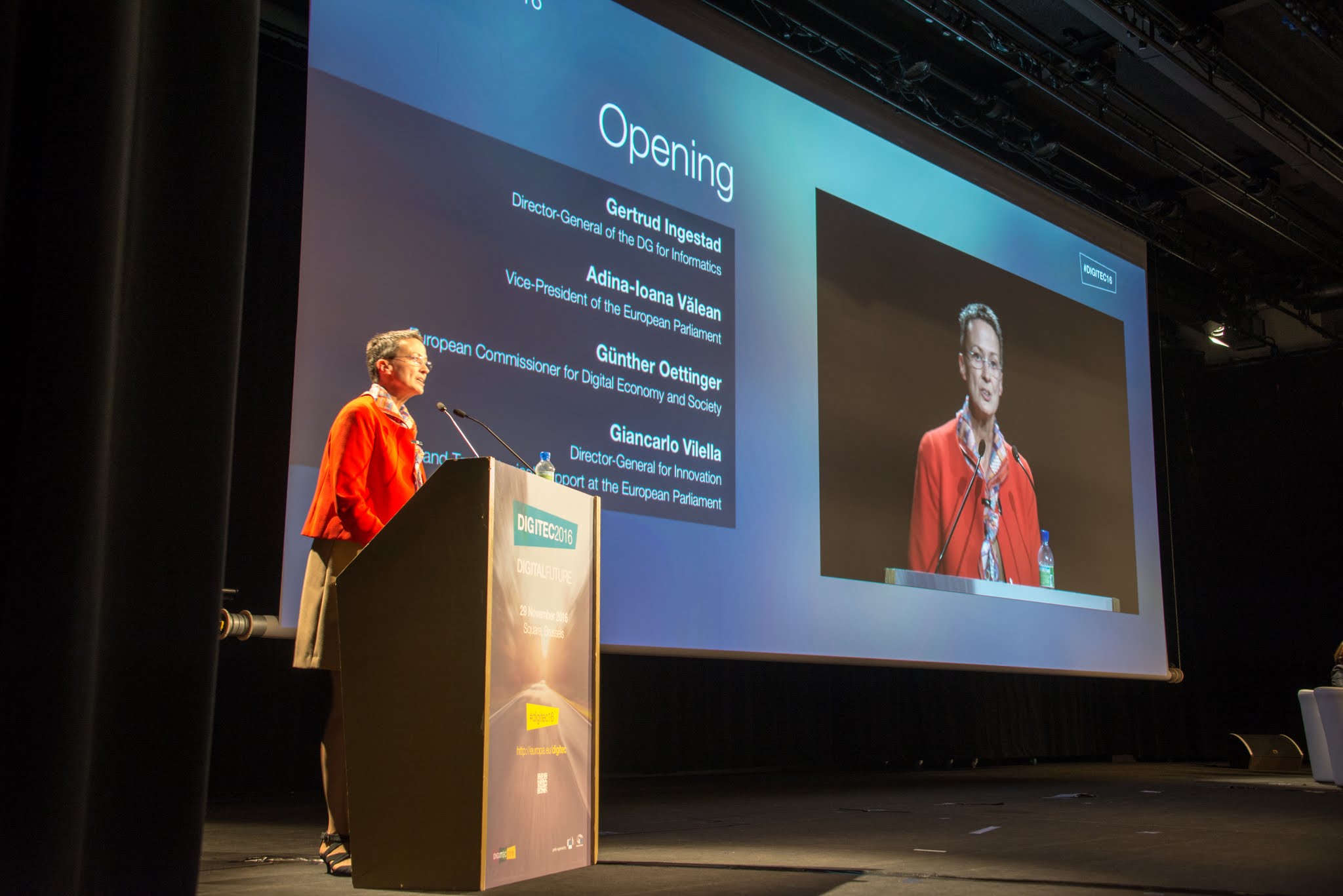 Director General of DIGIT Gertrud Ingestad opened DIGITEC saying that the agenda was co-designed by the audience of the previous ICT conferences and that the forum was a result of a collaborative effort between DIGIT and DG ITEC.
Director General of DIGIT Gertrud Ingestad opened DIGITEC saying that the agenda was co-designed by the audience of the previous ICT conferences and that the forum was a result of a collaborative effort between DIGIT and DG ITEC.
Commissioner G. Oettinger talked about the importance of DIGITEC's debates for the advancement of digital leadership and how more relevant and useful policies can be brought to the digital users and citizens. The Vice-President of the EP, Adina-Ioana Valean said that digital is changing the way we work and we must make the most of the new opportunities ahead.
The first panel was dedicated to the workplace of the future with discussions on improving people's experience at the workplace. Paul Miller, CEO of Digital Workplace of the Future, expressed the belief he has in common with Steve Jobs, that the digital world can work like the physical world. He highlighted that we need to design the future or the future will design us.
Laurent Ledoux, CEO of EurActiv, suggested that it's all about three things that make for a successful team: Trust, Purpose and Progress.
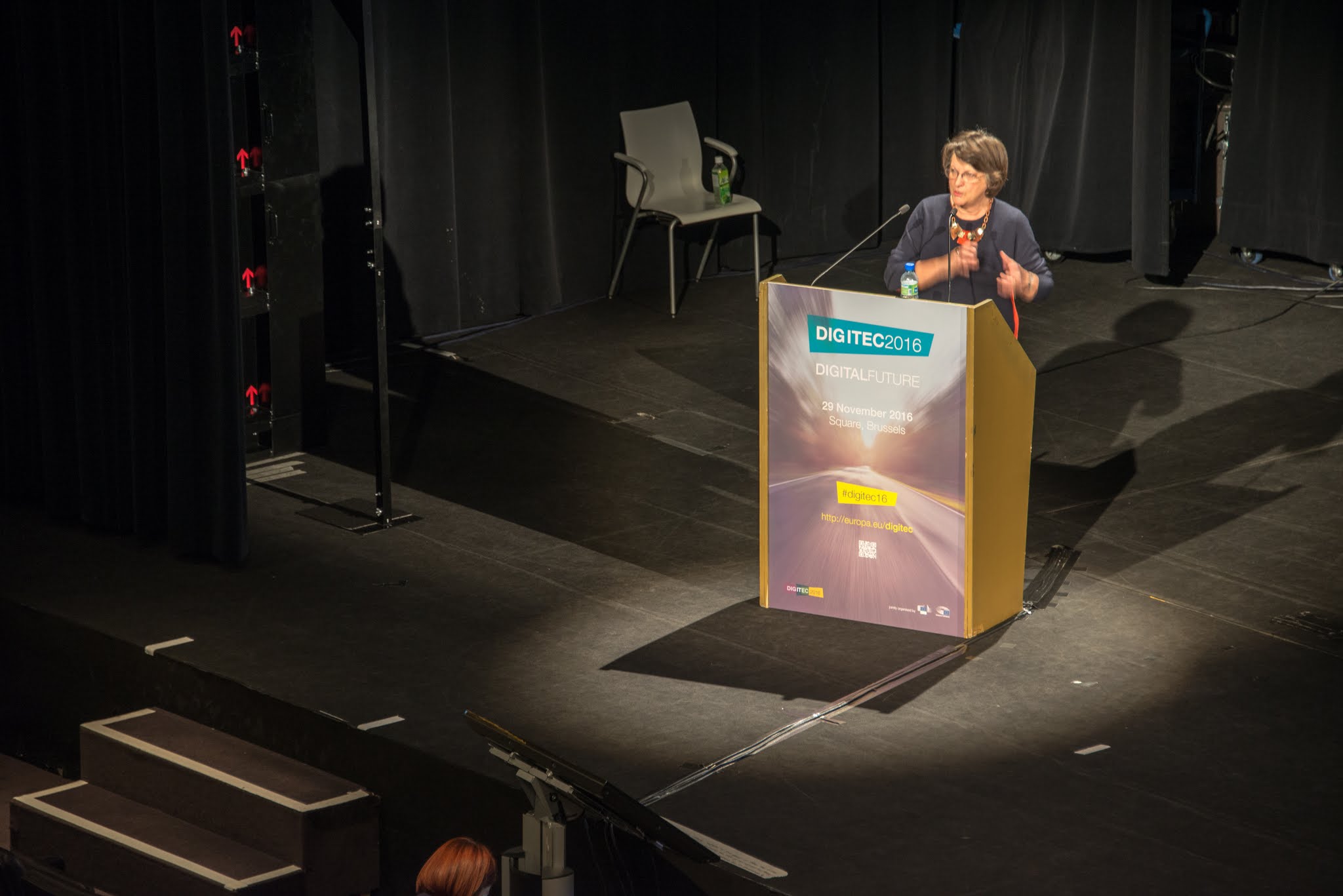
On a related note, MEP Catherine Bearder mentioned the female role in an industry predominantly populated by men and that women should be made part of the decision-making process.
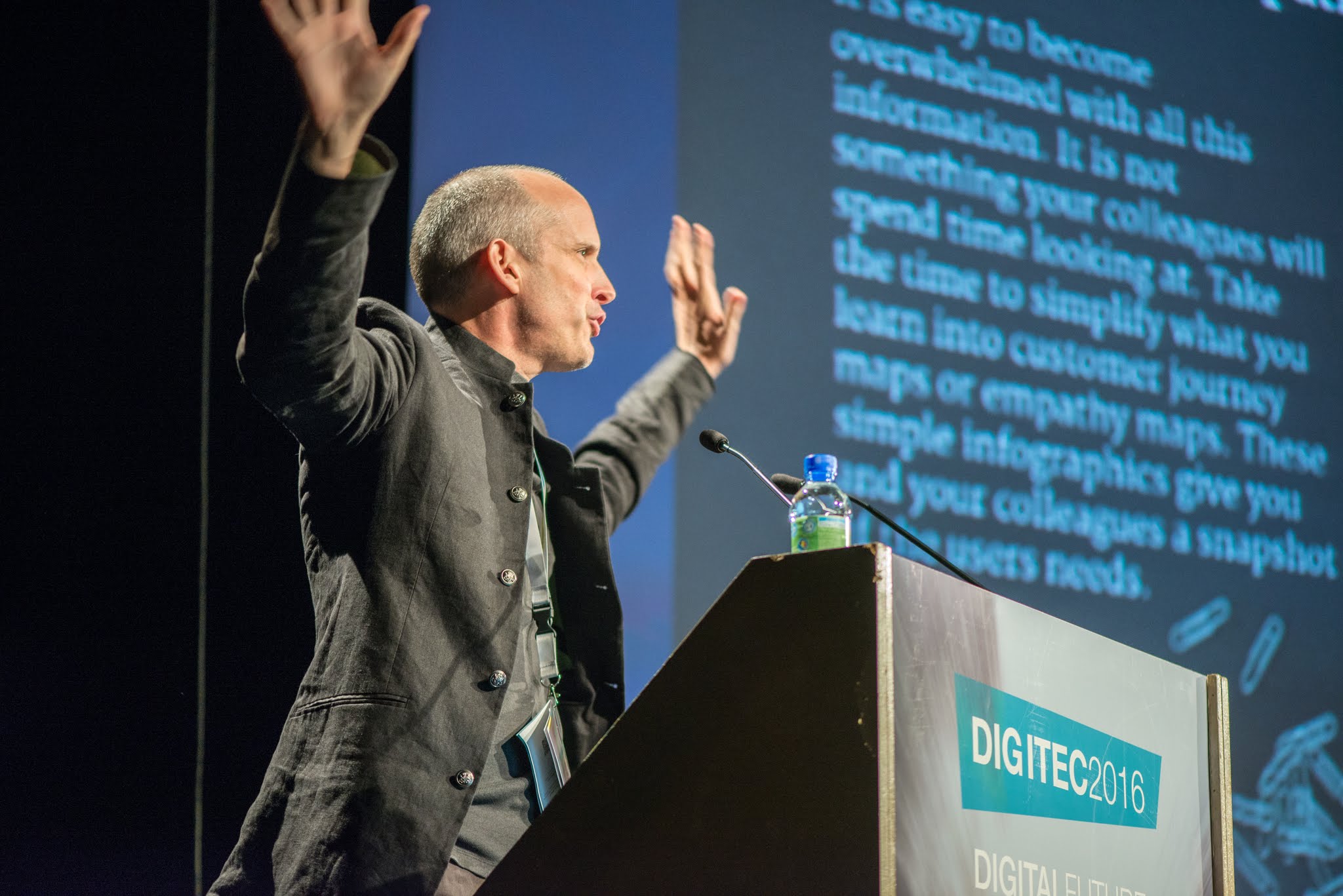
In the second panel which focused on Digital Democracy there was a challenging discussion about what digital democracy actually means. Paul Boag spoke about becoming ever more user centric, which could not happen ''should we keep doing things the old way, but only if we approach things differently'' and the final agreement was that Digital Democracy would mean being Open, Transparent, Engaged, with Self Awareness and a Healthy Scepticism.
In the third panel the speakers discussed also the fact that in the past everything was mostly technology-focused, while nowadays it's all customer-focused. Julien Blanchez from Google insisted that embracing technology changes will be for the greater good. Panelists (incl. Dominique Leroy from Proximus and Mischa Dohler from King's College) also debated that machines are much better at doing some things than humans and there’s no reason to keep people doing tasks, but rather delegate what burdens the human to the machines. 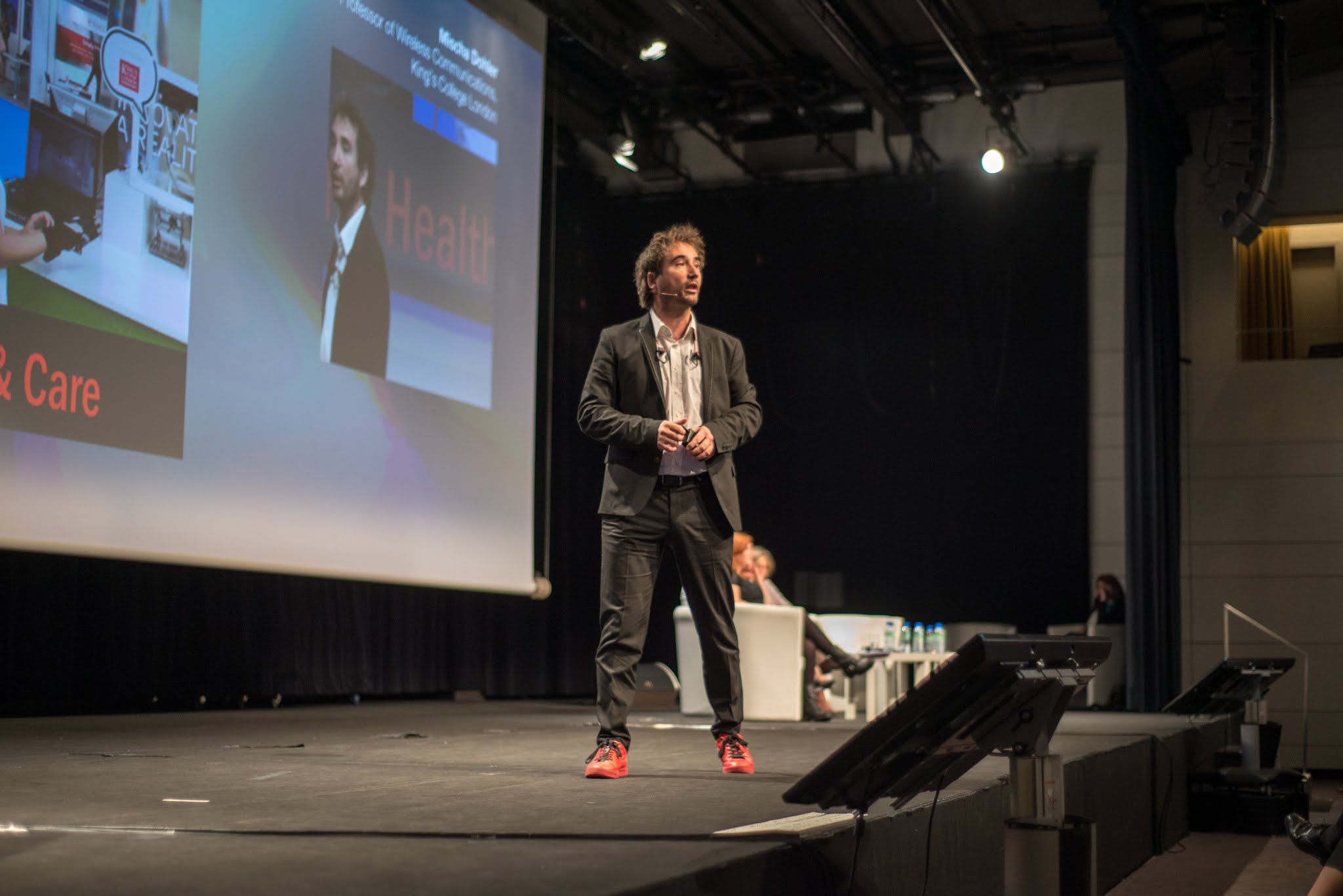
The topic of information security and encryption also came up in the last panel, in which representatives from Amazon, Splunk and Conseils et Systèmes Informatiques debated to what extent our private information was really protected. They noticed that there’s very little data that we know and use, and a lot that we’re not using. However, generally, data is highly encrypted and there are many regulations for control and for our safety.
In the afternoon 6 parallel sessions took place - on open source, encryption, open data and digitalisation of public administrations, on InterHack results and knowledge workers of the future.
In the Knowledge Worker participatory session, attendees were invited to reflect on how to participate in co-creating the culture of the workplace of the future and how to create a workplace where knowledge workers can thrive.
In the Open Source: What future for the EU institutions? session, moderated by Pierre Damas, Julia Reda from the EP talked about free software and how there should be more links between public administrations and citizens. According to her, the main problem is that there is not enough knowledge about technology. Technology as a tool for empowerment for all needs the support of education. The government institutions play a huge role in this by making technology available to all and not only for powerful companies to sell. Adding to that, Georg Greve, founder of Free Software Foundation Europe, said that open software is cost-effective, gives freedom of modifying it, it's easier for integration and also for innovation.
In the Open data and digitalization for public administrations session, Mercedes Fuertes, professor at the University of Leon, spoke about the importance of ensuring that citizens have the righ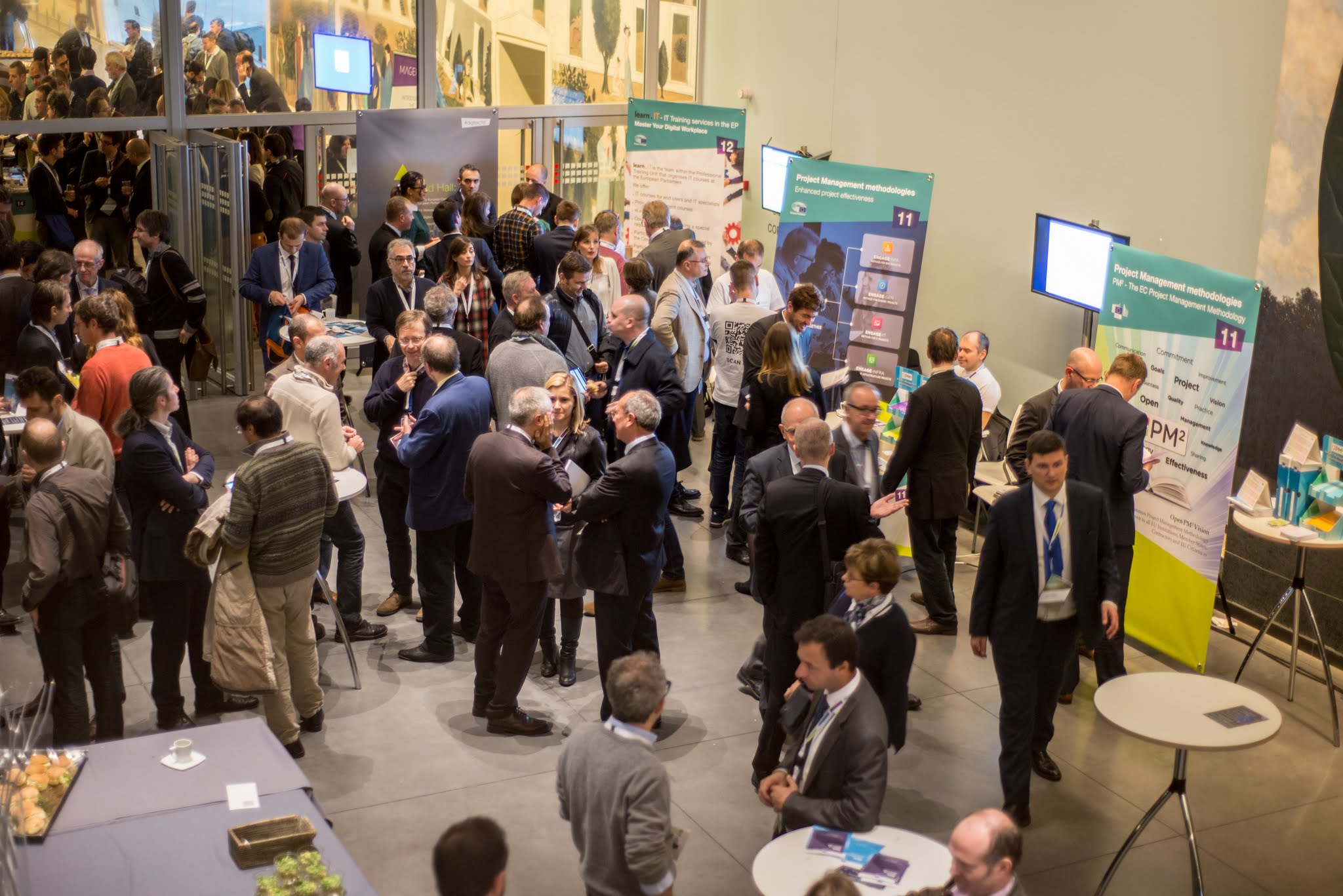 t to access internet. Net neutrality is the principle that Internet service providers and governments regulating the Internet should treat all data on the Internet the same, not discriminating or charging differentially by user, content, website, platform, application, type of attached equipment, or mode of communication. Moreover, Diana Galetta from University of Milan discussed the digitalization process and how it is carried out by defining the technological tools that have to be implemented to support all the activities of each authority. The example of digital government already happening in some European countries, such as Estonia, was also highlighted. Addint to that, Miave Rute from JRC reminded of all the e-services already available through the e-government and gave personal examples of how she is making use of them.
t to access internet. Net neutrality is the principle that Internet service providers and governments regulating the Internet should treat all data on the Internet the same, not discriminating or charging differentially by user, content, website, platform, application, type of attached equipment, or mode of communication. Moreover, Diana Galetta from University of Milan discussed the digitalization process and how it is carried out by defining the technological tools that have to be implemented to support all the activities of each authority. The example of digital government already happening in some European countries, such as Estonia, was also highlighted. Addint to that, Miave Rute from JRC reminded of all the e-services already available through the e-government and gave personal examples of how she is making use of them.
All panels in Gold Hall are recorded and available at DIGITEC website , recordings of the parallel sessions will be available soon. Pictures by DG ITEC can be found on Flickr. See the Twitter conversations following #digitec16.
Authors: Iliana Ilieva, Roxane Van Lerberge, Laisve Linkute-Loze
Photos: Denisa Vlaicu
